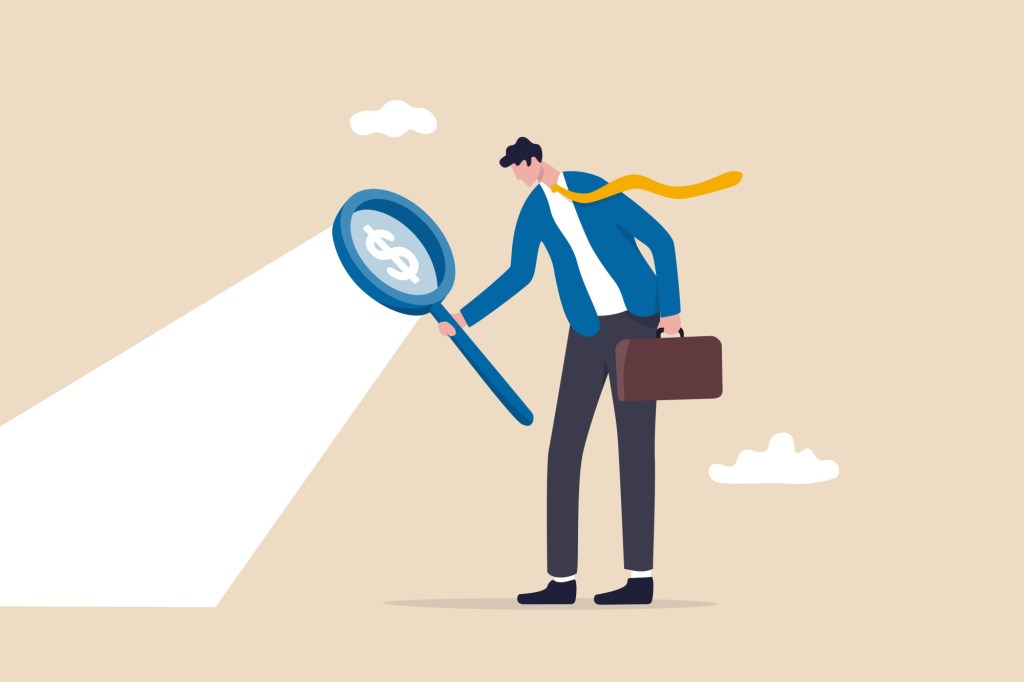
For years, I’ve helped business owners wrestle with one of the biggest decisions they’ll ever face about their real estate: Should we buy our building or lease it?
At first glance, ownership might seem like the obvious winner — build equity, control your destiny, no landlord breathing down your neck. But like most things in commercial real estate, the decision isn’t black and white.
What many people don’t see right away are the hidden costs — financial, operational and emotional — that come with each option. Here’s what I’ve learned over the past four decades.
Opportunity cost
Buying a building — even through an SBA loan with just 10% down — still requires capital that could be deployed elsewhere. That down payment, along with closing costs, reserves, and possible improvements, can total hundreds of thousands of dollars even on a modest acquisition.
Takeaway: The money you tie up in real estate could be your most expensive investment if it limits your flexibility elsewhere.
Monthly cost
Many business owners compare lease rates to monthly mortgage payments and assume that ownership is the better deal—especially if mortgage payments appear lower than quoted lease rates. But that comparison misses critical details.
In today’s market — where interest rates remain elevated and property values are still adjusting — the cost of ownership is often more expensive than leasing. And the difference is even more pronounced when you factor in all the additional expenses:
—Debt service (principal and interest)
—Property taxes
—Insurance
—Repairs, maintenance, and capital reserves (think roof, HVAC, plumbing, parking lots)
Even with SBA financing, these costs add up quickly and can exceed comparable lease obligations.
And let’s not forget: most industrial leases today are structured as triple net (NNN) leases, meaning tenants pay base rent plus property taxes, insurance, and maintenance.
So if you’re comparing a lease rate to ownership, you must also account for the fact that those same costs will be your responsibility as an owner — on top of your mortgage.
Finally, SBA loans often come with variable interest rates after a fixed period, introducing future financial risk. And rising insurance premiums and unpredictable tax assessments only add more volatility.
Lease flexibility
Leasing doesn’t mean “wasting money”—it means buying flexibility. If your company is growing, shrinking, or evolving, locking yourself into ownership may actually become a constraint.
Leases allow you to pivot: to sublease, renew, relocate, or negotiate tenant improvements. And in many cases, those improvements are paid for by the landlord, not out of your own pocket.
Takeaway: In a rapidly changing market, the ability to adapt might be worth more than a locked-in mortgage rate.
Appreciation not guaranteed
Many people view real estate ownership as a no-brainer because of “appreciation.” But just like with any asset class, there are cycles. Industrial property in Southern California may have doubled in value over the past decade—but not all markets or building types are created equal.
If your business is relying on future appreciation to justify the purchase, you’re speculating, not just investing.
Takeaway: A good business decision should pencil out even if the building never appreciates.
I’m not here to argue for or against ownership. I’ve advised clients to buy when it made sense and advised others to lease when that fit. But too often, the decision is made emotionally or simplistically: “I hate my landlord” or “I want to build equity.” That’s not enough.
What’s your growth trajectory? How much capital do you need to keep liquid? How long will this facility serve your needs? What are your exit plans?
Owning vs. leasing isn’t just a real estate decision, it’s a business strategy. One that deserves more than a gut feeling.
Allen C. Buchanan, SIOR, is a principal with Lee & Associates Commercial Real Estate Services in Orange. He can be reached at abuchanan@lee-associates.com or 714.564.7104.



